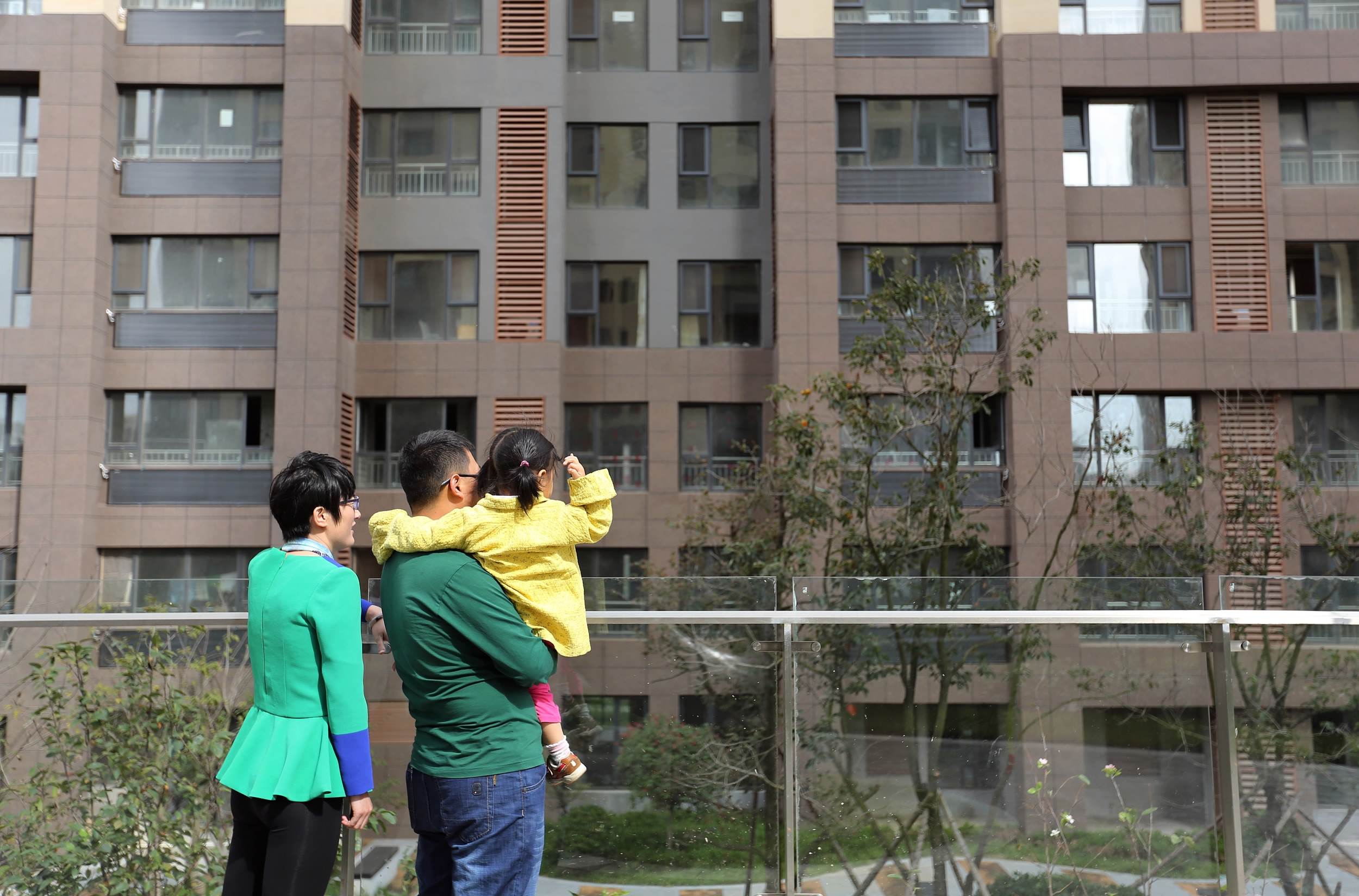
Business
14:59, 17-Aug-2017
Can China’s new policy in support of renting drive down house prices?
CGTN

For Chinese consumers – particularly those living in big cities – affording a house is one of the biggest challenges, as policymakers strive to maintain a healthy growth in the housing market while keeping it from overheating.
Among the multiple factors that pressure people in China to buy property rather than rent, having access to social welfare reserved for local home owners has been one of the biggest drivers behind surging prices in first-tier megacities.
It has also become a significant wedge between local residents and migrant workers.
A new policy aiming to tackle perceived unfairness and inequality has been on trial in south China’s Guangzhou, and other tier one cities are likely to follow suit.
The measures are expected to cool the heated market by supporting tenants and boosting the rental sector as an alternative to owning a property.
But will the new policy achieve this?

Owning a house is seen as a major shield against future uncertainties.
Owning a house is seen as a major shield against future uncertainties.
The “equal right policy” gives renters access to local education resources. In recent years, migrant workers have moved to China's biggest cities, only to find their children shunned out of the local school system. School catchment areas reserved registration only to children of home owners who lived nearby.
By trimming off this advantage enjoyed by home owners, the new policy could help drive potential buyers into the rental market, therefore reducing demand and prices altogether.
In Guangzhou, the market performance suggests the policy has seen some success so far. Xinxi Shipao, a local newspaper in Guangzhou, reported that second-hand property sales had dropped across the city a month into the introduction of the policy.
Beijing could be another city to benefit from the same way of policy thinking, after years of sky-high property prices also driven by school catchment area rules favoring homeowners.
Prices for houses close to quality schools led to some used properties being priced at 200,000 yuan per square meter in the Chinese capital. The heat only cooled down after local administrators announced plans to phase out the catchment area rules.
But not everyone is in favor of the new policy. The supply of quality education resources in developed areas, among other social benefits may struggle to catch up with the increasing demand as a result of continuing population inflow.
And for those excited by the prospect of Chinese young generations moving from the prevalent philosophy of “living to buy” to “renting to live” may not see significant change anytime soon.
A recent survey suggested that the entrenched belief among Chinese people that owning property is essential at all costs may have started to shake, but not yet to the extent that markets will be shaken.
The joint survey by China’s Youth Daily newspaper and Sojump.com, an online survey firm, asked 1,973 young residents living in big Chinese cities between the ages of 15 to 30 for their thoughts on buying versus renting. The result showed that although 49.7 percent of those surveyed eyed renting as a new normal in urban life, 71.4 percent still plan to buy a property.
“A rented house just doesn't feel like a home”, Qu Qiao, a 26-year-old employee of a state-owned enterprise, told the newspaper.

SITEMAP
Copyright © 2018 CGTN. Beijing ICP prepared NO.16065310-3
Copyright © 2018 CGTN. Beijing ICP prepared NO.16065310-3